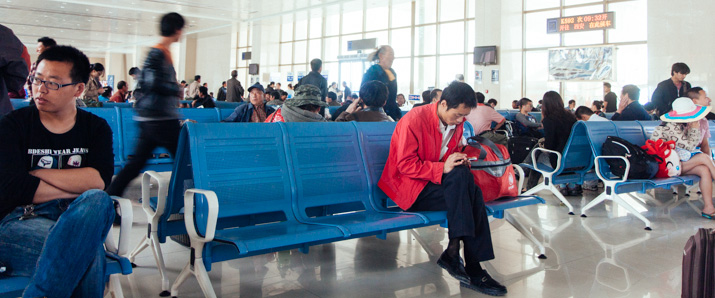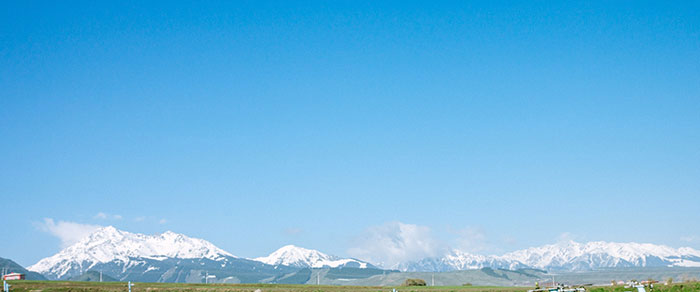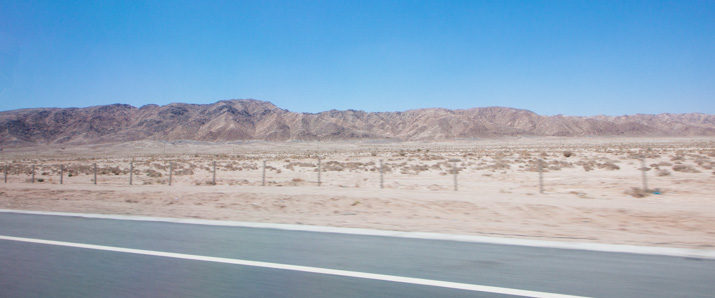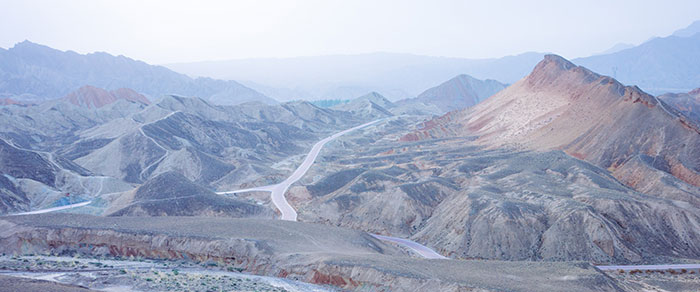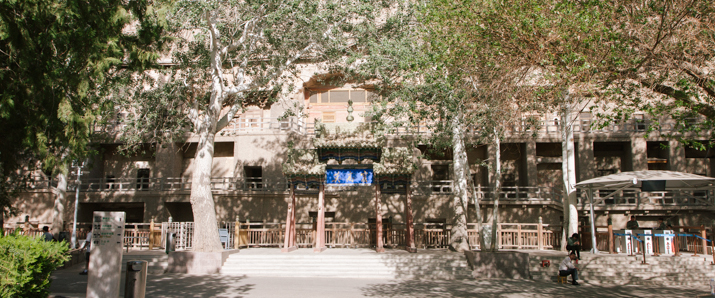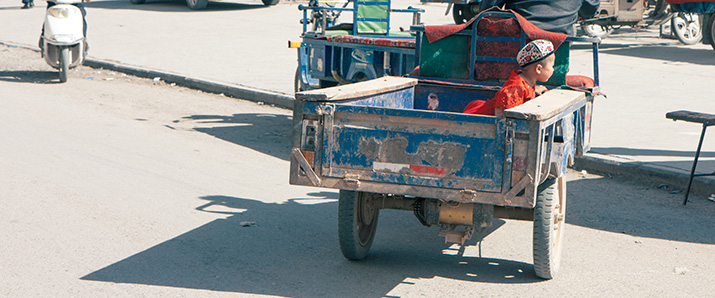Sensations on a Chinese Train
There was the option of inhaling the stench of stale vomit to the left, or drowning in curls of heavy cigarette smoke to the right.
My judgmental streak swiftly profiles the typical Chinese male passenger on board: he is superstitious, with a red threaded jade bracelet adorning his wrist, an amulet for safe journeys; he is accustomed to a life of hard labour, devouring beef noodles for breakfast in carb-coma inducing quantities. Taking deep drags of his cigarette, he exhales conversation in a bullish bellow.
The stranger on the opposite bed props his sock clad foot onto my mattress without a second glance while removing his other shoe. Yet another strange man self invites himself onto my bed, sitting and staring into space without so much as a “hello”. Personal space and formalities is non-existent here.
A Chinese woman clad in a flimsy mini skirt and translucent black stockings lies on her side in bed, her ass exposed at an indecent angle. In another environment she might be labelled something slutty, but here everyone has adopted a measure of tolerance for their temporal community. They could care less for something so trivial as some exposure of human flesh.
The floor is greasy with the smear of dirty shoes, and wet from the spillage of water of careless teeth brushers. They have been in this train longer than I have, a metallic nomadic home barrelling through nearly 4000 kilometres of dry, barren desert land from Urumqi towards Shanghai.
It is early in the morning, so many of the passengers are still snoring in their bunks. Some of them peek at us newcomers through the slit of an eyelid. Who will they have to tolerate in their compartment next?
The soft crackling of pumpkin shells being split open by teeth forms a rhythmic lull for falling asleep to. There isn’t much taste grinding up a tiny seed up in your mouth one at a time, but it sure does help to while the time away.
A pleasant voice educates the public on train hazards through the overhead speakers, with generic, major key music filling in the gaps between intervals. It is Mothers’ Day, and a poem dedicated to these noble women is recited. For the rest of us, gentle reminders are issued – don’t forget to call your mother upon arrival, and bring a grateful attitude along for your reunions.
This is in stark contrast to the English pop songs sung with a thick Chinese accent, blaring from the taxi ride we took to the station earlier. The “bad” lyrics have been censored to render the songs a cheesy staccato –
“Stop callin’, stop callin’, I don’t wanna think anymore, I left my head and heart on the ***** floor”.
Why is “dance” censored? Why is fun a dirty word?
Part 2 can be viewed here: The Passage to Lanzhou: #2
More from china
Photography
A Snowy Surprise at the Southern Pastures
Writing
A Thousand Years in the Mogao Grottoes: #2
Photography
A Surrealism Fit for Martians
Writing
The Passage to Lanzhou: #1
Photography
Springtime in Kashgar
Writing
A Thousand Years in the Mogao Grottoes: #1
Writing
A Thousand Years in the Mogao Grottoes: #5
Photography
The Drive From Turpan to Kumul (Hāmì)
Writing
A Day in Urumqi
